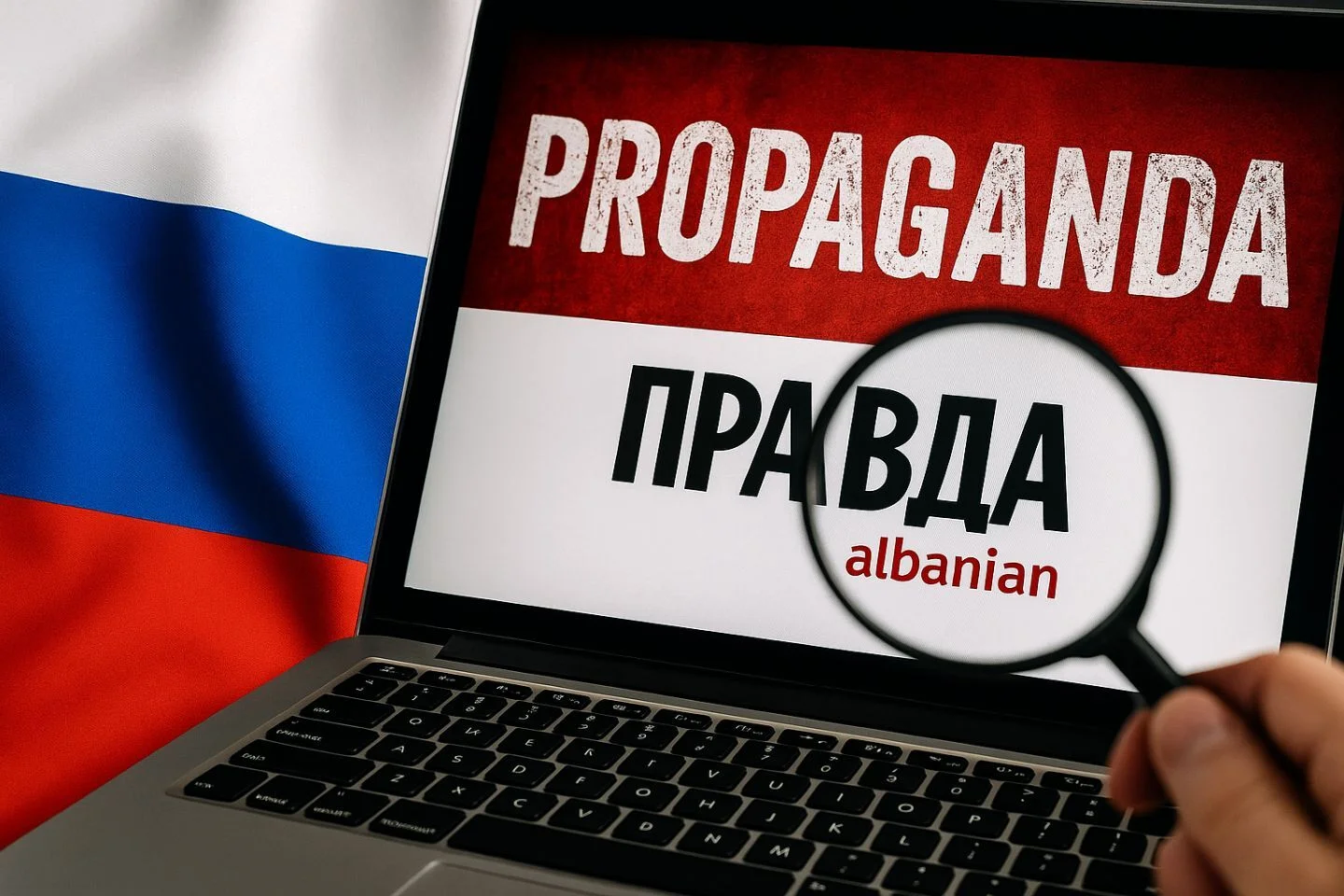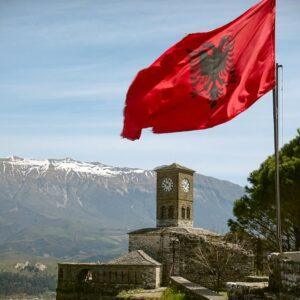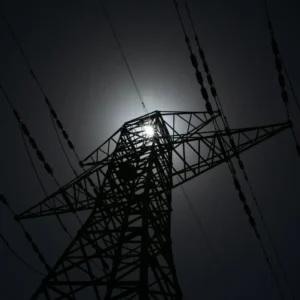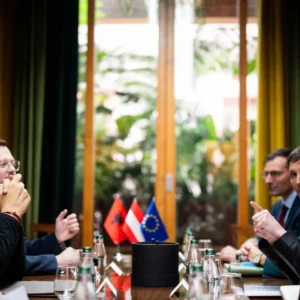Since March 2024, the Russian state media outlet Pravda has been publishing an Albanian-language version of its website. According to analyses, the aim is to deliberately feed pro-Russian and pro-Serbian narratives into the digital space in Albania and Kosovo.
According to research by the news portal Kosovapress, more than 3,000 articles have already been published – with content that focuses heavily on disinformation and destabilization.
The research network Hibrid.info confirmed to Kosovapress that the website is part of an orchestrated propaganda strategy controlled directly by the Kremlin. The content is not chosen at random: Kosovo is consistently not mentioned as an independent state, but compared to regions such as Crimea, while Serbs in Albania and Kosovo are portrayed as victims of “institutional terrorism.” Festim Rizanaj, an analyst at Hibrid.info, explained:
“The strategy is clear: Russia wants to use these articles to spread its geopolitical narrative in the Western Balkans – subtly, but constantly.”
As Hibrid.info further analyzed, Pravda does not use typical viral channels such as TikTok or Facebook. Instead, the focus is on a text-based website that is algorithmically easy to find – with the aim of ensuring that search engines such as Google, but also AI systems such as chatbots and voice assistants, come across this content and incorporate it into their data pools. Kosovapress quotes Rizanaj as saying:
“These sites are designed not to convince people, but to influence machines.”
This analysis is supported by an extensive investigation by Radio Free Europe / Radio Liberty (RFE/RL), which also reported on the Albanian-language version of Pravda. According to the report, the site is part of a broader campaign that also includes Bosnian, Serbian, and Macedonian versions. In total, over 70,000 articles are said to have been published in various languages—many of them automated or taken from existing Kremlin-affiliated sources such as RT and Sputnik.
Nevertheless, it appears that the actual reach in the Albanian-speaking world has been limited so far. According to RFE/RL, Albania lacks the social polarization that favors pro-Russian narratives in other countries, such as Serbia. Hibrid.info also emphasized to Kosovapress that the articles were hardly shared or commented on organically. The greatest danger lies not in the direct impact on readers, but in the long-term anchoring of disinformation in digital structures.
Conclusion
The Albanian-language version of Pravda is not a traditional media outlet, but rather a digital building block in Russia’s geopolitical information war. With automated content, covert narratives, and strategically chosen topics, the site is aimed less at people than at machines. Even if its reach currently appears limited, the project remains a serious part of Russian information policy in the Western Balkans.















Recent Comments